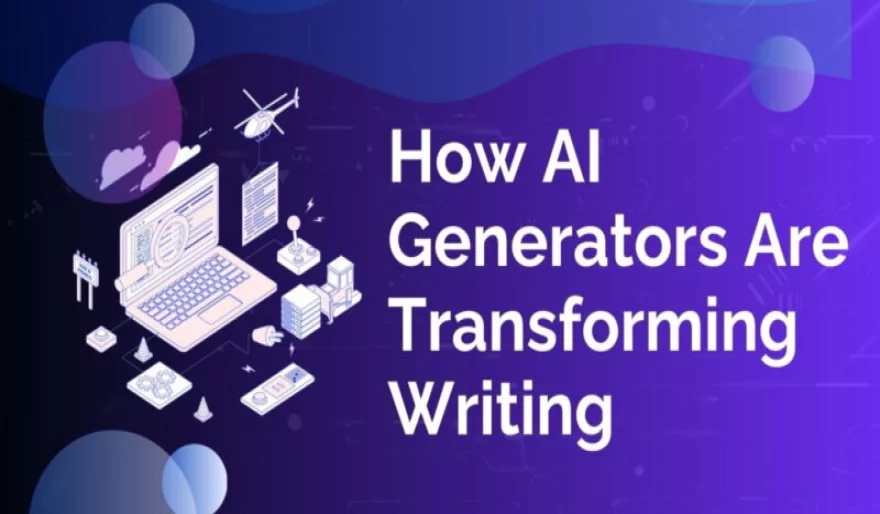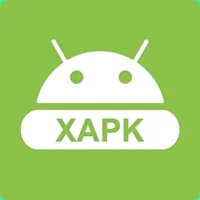The Rise of AI Writing Tools
AI writing tools are designed to assist writers in crafting text for specific topics or following specific rules. These tools utilize machine learning and natural language processing to consider context and writing mode. OpenAI’s GPT (Generative Pretrained Transformer) is a prime example of AI’s ability to produce realistic writing samples. AI writing tools can write narrative, contextually connected essays with brief prompts, and can produce various types of work, including essays, research papers, blog posts, and poems or stories.
Writing Is Transforming with AI Generators
Writing is being transformed by artificial intelligence generators
Boosting Productivity and Creativity
AI writing generators are useful in ways that were previously impossible to imagine. These tools are now available to writers to help them to generate ideas as well as help overcome the writer’s block. AI enhances a writer’s efficiency in terms of ideas that it offers to complete the next sentence or expand on an area and even write segments of a document to present to the writer.
For example, writers who struggle with coming up with new story ideas can use AI to generate plot suggestions, character descriptions, and even settings. A writer interested in creating a new story could input a few keywords or a general idea, and the AI could generate an outline or even a fully developed plot. Story Generate is an AI tool that helps writers understand how their ideas can be turned into a full-fledged story.
However, apart from the efficiency, AI can also bring creativity in business. For those writers who base their work on something that inspires them, the AI suggestions can be of particular benefit as a starting point for further creative work. As talented designers will agree, some of these tools do not directly design, but they can be an enabler—an assistant that can open doors to creativity.
Enhancing Writing Skills and Grammar
Hitherto, another phenomenal area in which AI is being applied and which has led to the alteration of the writing styles is through grammar, punctuation and style checking. Cohesion and clarity software, some of which have become favorites among writers, include Grammarly, Hemingway Editor, and ProWritingAid. These text analysis tools eliminate numerous writing flaws and provide the best style enhancement and are therefore suitable for any blogger or professional writer.
This is because with the help of AI, writers are capable of completing their work in less time and in the process making sentence correction quickly once some mistakes have been pointed out by AI. These writing assistants work like having an additional editor, especially when you are writing an academic paper, a blog, or an email.
AI in Creative Writing
Although AI is normally linked with efficiency, the application of AI in creative writing has been one of the most interesting fields. Artists in the novel, poetry, screenplays, and other forms of writing are employing the use of AI to create new forms of writing. But the capacity of AI is not limited only to generating creative ideas for a plot; it can also come up with different characters and even write whole chapters in compliance with given directions.
One fascinating application of AI in creative writing is its ability to generate poetry. Poem Generator tool, for example, allows poets to experiment with different styles, rhyming patterns, and themes. These AI tools can help break through creative blocks by offering a fresh perspective or introducing new poetic forms. By simply inputting a few keywords or themes, users can receive a complete poem, giving them a starting point for further refinement.
Some of this poetic data, as generated by AI, may not be as profound and literary as poems that are written by humans, but what is intriguing is that they help human creativity to start from. The generated content can be taken by writers and expanded, polished, and individualized, with the writer’s own emotional investment added into the copy.
Use of AI in Content Creation and Marketing
AI writing tools are equally popular in the sphere of content production and marketing at the present time. AI is being embraced by digital marketers in order to produce SEO-optimized articles, product descriptions, social media posts, and newsletters. What makes AI ideal for any organization is the fast and effective way in which it can churn out content in large numbers.
AI tools can also compile user data about web trends and generate content that will appeal to the target demographic. For instance, an AI generator can create blog posts on certain niches and use the right keywords for the articles to rank well on the search engine. These tools can also generate interesting headlines, come up with briefs of lengthy articles, or offer ideas on how to interact better.
AI and Ethical Considerations
In creative fields of specialization, AI has changed writing in many ways, and this has given rise to so many ethical issues, such as the question of who is the author of a certain piece of work, is the work original, or is it just generated by the AI, and does the ownership of such work belong to the creator of the AI or to the writer? For instance, if an AI writes an article, who has the copyright of the article? Who is the author—the AI or the user who entered the data?
Also, content generated through the help of AI can also lead to unemployment in careers such as those of journalists or content writers, as the business people can decide to use the assistance of AI, as it generates content much cheaper and in a drill much quicker than the writers. However, there are numerous discussions on whether AI tools are designed to replace creativity or not, and most of the specialists claim that AI tools are designed to enhance creativity. AI can handle the routine and mechanical work, leaving the creative and thinking work for the human writers.
Final Words
AI generators are revolutionizing writing by making it faster, correcting grammar, and actually opening up new possibilities. From storytelling and poetry writing to content writing, AI has demonstrated its ability to support writers from all over the world. That is why it can be said that together with the development of such technologies, they define the development of writing and will influence the future of writing in terms of the opportunities they open.











 Games
Games Entertainment
Entertainment Communication
Communication E-mail
E-mail Security
Security Tools
Tools Media
Media Internet
Internet Finance
Finance Design, Image and Photography
Design, Image and Photography Education
Education IT Tools
IT Tools Travel & Local
Travel & Local Video Players & Editors
Video Players & Editors Food & Drink
Food & Drink Health & Fitness
Health & Fitness Lifestyle
Lifestyle Medical
Medical Shopping
Shopping Sports
Sports Weather
Weather News
News Android
Android IOS
IOS Windows
Windows Mac
Mac Linux
Linux